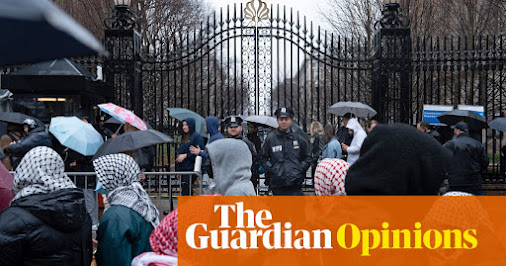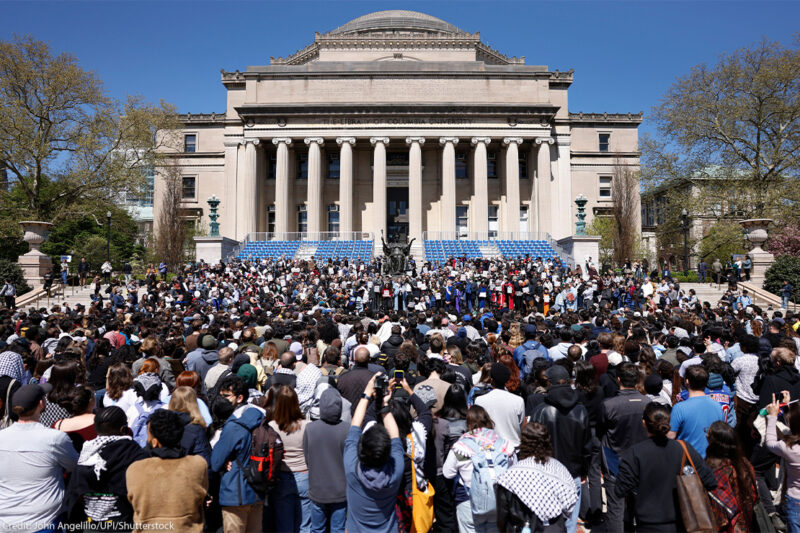The Palestine issue was slated to include a dozen research articles, essays and other writings on topics ranging from education in Israel-Palestine and among the Palestinian diaspora, to academic freedom in the US.
 |
| A copy of the Harvard Education Review previewing a future issue dedicated to education in and about Palestine. Photograph: Thea Abu El-Haj |
Tue 22 Jul 2025 07.10 EDT
Last modified on Tue 22 Jul 2025 12.31 EDTIn March 2024, six months into Israel’s war in Gaza, education in the territory was decimated. Schools were closed – most had been turned into shelters – and all 12 of the strip’s universities were partially or fully destroyed.
Against that backdrop, a prestigious American education journal decided to dedicate a special issue to “education and Palestine”. The Harvard Educational Review (HER) put out a call for submissions, asking academics around the world for ideas for articles grappling with the education of Palestinians, education about Palestine and Palestinians, and related debates in schools and colleges in the US.
“The field of education has an important role to play in supporting students, educators, and policymakers in contextualizing what has been happening in Gaza with histories and continuing impacts of occupation, genocide, and political contestations,” the journal’s editors wrote in their call for abstracts.
A little more than a year later, the scale of destruction in Gaza was exponentially larger. The special issue, which was slated to be published this summer, was just about ready – contracts with most authors were finalized and articles were edited. They covered topics from the annihilation of Gaza’s schools to the challenges of teaching about Israel and Palestine in the US.
But on 9 June, the Harvard Education Publishing Group, the journal’s publisher, abruptly canceled the release. In an email to the issue’s contributors, the publisher cited “a number of complex issues”, shocking authors and editors alike... READ MORE https://www.theguardian.com/education/2025/jul/22/harvard-educational-review-palestine-issue-cancelled
[AS ALWAYS PLEASE GO TO THE LINK TO READ GOOD ARTICLES (or quotes) IN FULL: HELP SHAPE ALGORITHMS (and conversations) THAT EMPOWER DECENCY, DIGNITY, JUSTICE & PEACE... and hopefully Palestine, or at least fair and just laws and policies]








